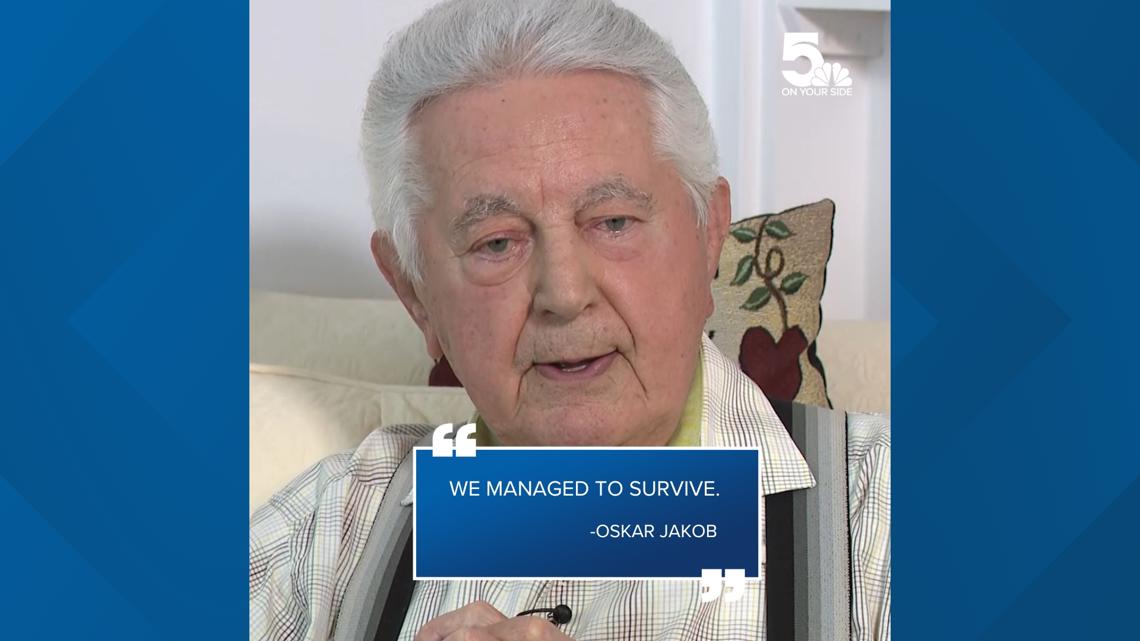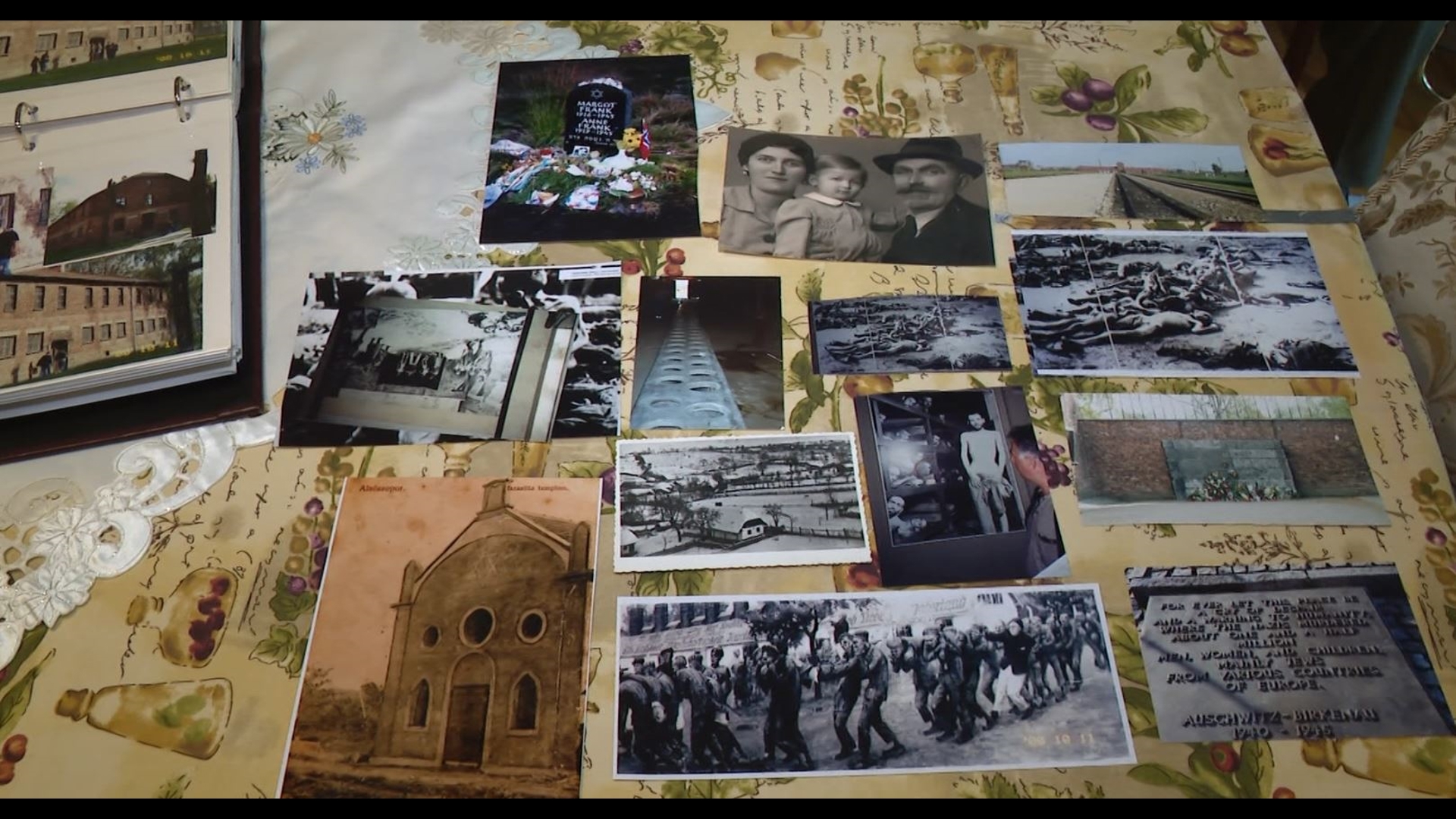ST. LOUIS — As tensions surrounding the War in Gaza reverberate across college campuses nationwide, the harrowing tale of Holocaust survivor Oskar Jakob emerges from the shadows of history, serving as a stark reminder of the devastating impact of antisemitism.
Now 93 years old, Jakob reflects on the alarming rise of anti-Jewish sentiment in the United States, stating, "The level of antisemitism, what we are experiencing now is almost, not quite, but almost on the level of the European antisemitism, what I experienced as a 13-year-old in Hungary and Romania."
Jakob’s childhood in the small town of Dobra, Romania, was marred by isolation and prejudice, leaving an indelible mark on his young life.
"It was very hard for me to deal with it," he recalls. "I used to go from home, from school and complain to my mom. I used to cry that I was so alone because nobody would play with me."
On May 4th, 1944, Jakob’s world was shattered when two policemen knocked on his family's door.
"They said, you get dressed and you got two hours to pack, and we will have to leave," he remembers. A few weeks later, his family was forced onto a train headed to the Nazi death camp Auschwitz. Upon arrival, a fellow prisoner advised the 13-year-old to lie about his age. "He says, tell him you're 16, 17-year-old. And that saved my life. If it wasn't for that, I wouldn't be here talking to you. Because 15-year-old and under, we all ended up in the gas chamber," Jakob recalls.
Nazi guards whisked him away, and he never saw his mother, brother, sister, or his grandparents again. His nightmare also took him to the slave-labor camp at Nordhausen-Dora and later to Bergen-Belsen, where the horrors of the Holocaust were once again laid bare before his young eyes.


"We arrived in Bergen-Belsen, and we saw nothing but dead bodies all over. And we were give given a place in the barrack, and you went into the barrack, and there was dead bodies there too," he said.
Faced with starvation, he and his cousin resorted to digging up a buried horse's hoof, cooking it for days to survive. After liberation, Jakob started anew in the United States, working as a Kosher butcher in New York before moving to St. Louis, where he eventually established his own plumbing business. The moment he arrived in the US remains a beacon of hope in his memory.
"I saw the Statue of Liberty, and we were dancing and, and, and we were so happy to see the Statue of Liberty," he fondly recalls.
Oskar Jakob's journey serves as a poignant reminder of the dangers of prejudice and the importance of standing united against hatred in all its forms.
"So I am shocked what's going on and hopefully that this will end ok," Jakob said about today's tension.
Remembering the past and aspiring for a future where the darkness of hate, yields to the light of understanding.
Making a Difference
Is someone in your community making a difference? Text us at 314-425-5355 or email us at tips@ksdk.com. See more stories of people Making a Difference here.

